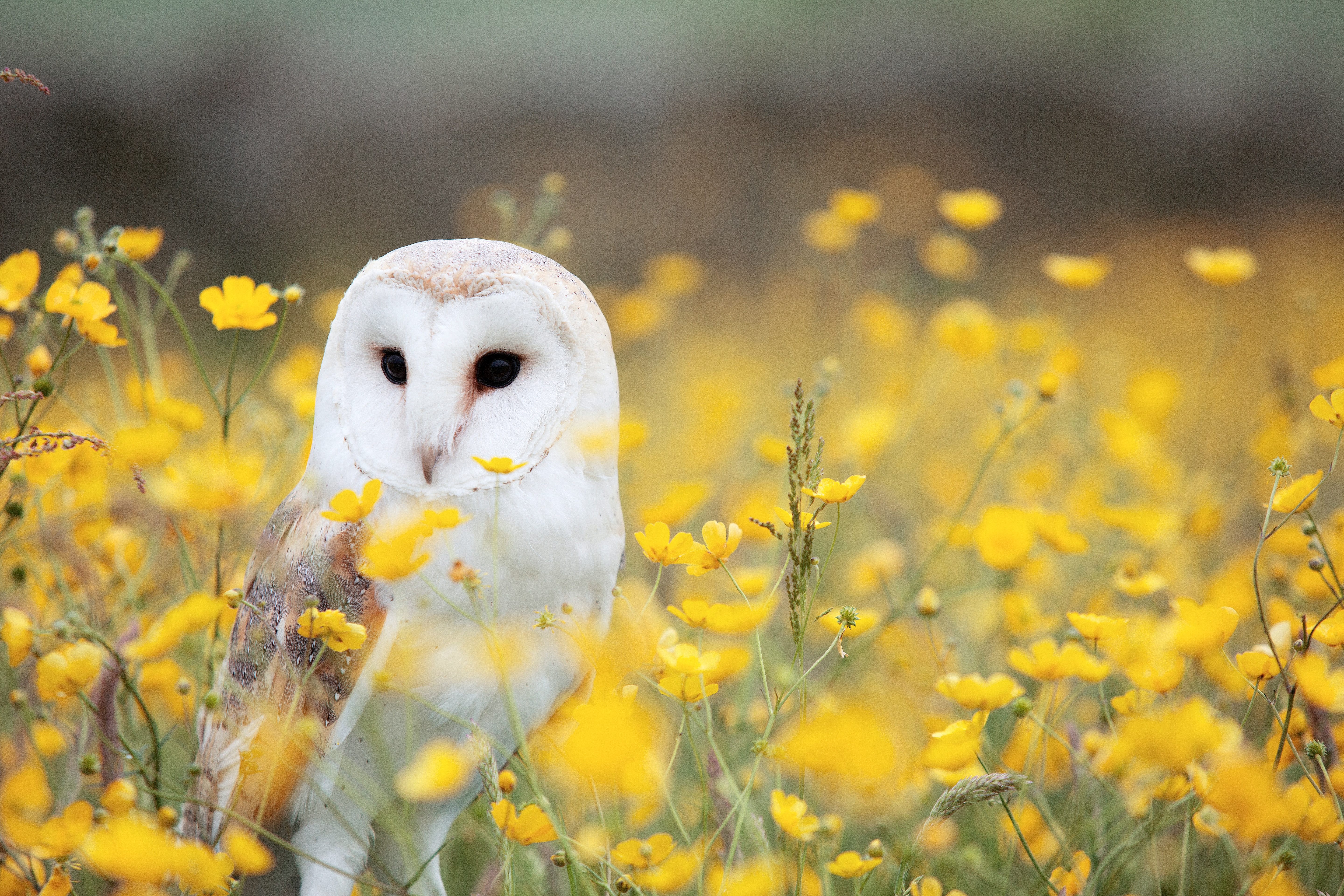The 31st March is the last day for the read Wales challenge hosted by Paula at BookJotter.
Also on Paula’s site I found this excellent collection of essays :
Welsh (Plural): Essays on the Future of Wales (Repeater Press)
But first, in an earlier post I said I had decided to trial a entirely new and cutting edge method of acquiring literature – by listening to two audiobooks!
This has not been a great success for me. I found it too strange to be sitting staring at my laptop not writing or doing something else. I know that if I was reading a ‘real’ book I wouldn’t be doing anything else concurrently and the joy of reading a book is time away from ‘other things’ but I still struggled. I know many who love nothing better than listen to an audiobook and this is where traditional storytelling comes from, but so far I can’t count myself a fan. I ‘ll keep working on it.
***
So I’ve listened to (most of) Griff Rhys Jones narrating Danny Abse’s Ash on a Young Man’s Sleeve.
Abse’s story is a fictionalised but semi- autobiographical account of growing up in Cardiff in the 40s and 50s against the backdrop of the rise of facism and the second world war. Danny and his family were Jewish. His brother Leo Abse (1917-2008) became a lawyer in Wales and was considered a leading social reformer.
Danny Abse (1923-2014) was sent to a Catholic school in Splott – at that time a working class area of Cardiff. I myself was a Jewish child sent to be a spectacular-fish-out-of-water in a Catholic school in Wales. But Abse did better than me! He trained as a Doctor and was a physician in a chest clinic for over thirty years. Parallel to this he also managed to have a career as an author and a poet, receiving many accolades along the way.
In this purchase I was happy to support Parthian’s Audiobook Series. I listened on the Glassboxx app which is free to download. The sound quality was fine but the app does not remember where you are in the book and defaults to the beginning each time you close it, which I found really irritating.
***
Onto the essay collection I mentioned, Welsh (Plural): Essays on the Future of Wales (Repeater Press)
The three ‘C’s of Wales – coal, choirs and castles can no longer be used to identify the concerns of a modern nation and yet in the popular psyche it often seems that it still does. It is time to move on – but how?
There’s some fabulous ideas in this collection. The essays cover such things as rural-urban migration, still a big factor in demographics, although not a new one. People follow professional jobs into urban areas which leaves farming communities bereft and changes the nature of the towns and cities. The cost of housing in rural areas, and ergo the cost of living – is driven up by tourism. Empty holiday homes, particularly in Gwynedd – nothing new in any area of great scenic beauty – cause feelings to run high. It is well within living memory that Welsh Nationalists were burning down second homes.
Race is also a subject of several of the essays, ie the difficulty of feeling welcomed when you are not Welsh and white. Interestingly, in an essay in this collection entitled ‘Devolution’, Grug Muse writing on gentrification of the Tiger Bay area of Cardiff (most famous alumna, Shirley Bassey) remembers diversity as being something that was swept away in the 1980s rather than encouraged. He writes:
Tiger Bay was home to one of Wales’ oldest multiracial communities. Greek Orthodox churches, Welsh language chapels, Mosques, sailors from Yemen, Somalia and Norway all built Butetown, and through Butetown flowered the black gold of the Cynon, Rhondda and Rhymni Valleys: the wealth that built Cardiff.
An attempt in the 1980s to ‘regenerate’ (ie fix or tidy up) those areas of mixed commercial and residential spaces just resulted in high rise buildings and more isolation for those housed there.
Joe Dunthorne in his essay entitled ‘We Bleed Red’, talks about the London Welsh Centre on the Gray’s Inn Road in London (an institution I myself briefly belonged to last year in my attempt to learn Welsh a few centuries late). The author went there to watch Wales play Australia in the 2019 World Cup in Japan. I absolutely loved this comment:
“I sense that I am among my people. These are the Welsh-ish. The Welsh enough. The Wish-we-were-Welsher. I am home at last, in a building for people who proclaim their love for a country they choose not to live in.”
He sings, he says, Land of my Fathers louder than anyone, though his father is English.
At last I thought, I have a fraternity, I belong to the Welsh enough. Sadly, my euphoria was only to last the length of time it took to read this one essay. The Welsh poet Niall Griffiths begs to differ. He struggles to keep Glyndwr (does anyone know where to find the circumflex over the ‘w’ in that word on a keyboard?) out of his contribution to the essay collection.
“I’m at the plaque on the slope that commemorates the battle of Hyddgen in 1401…”.There are bones everywhere – uncovered by archaeological digs at Bryn y Beddau and Mynydd Bychan and Nant y Moch. This place is a war grave.”
And those bones just won’t leave us in peace. The dead still bleed and we bleed along with them. We return once more to the warrior under the mountain, this mountain or some other one, that someone in 2011 tried to build wind turbines on. We return to the triple harp, the folk music, the hiraeth, the language (barriers?) and suddenly Welsh-ish or almost-Welsh isn’t good enough.
We cannot build wind turbines all over Wales’ history but every inch of Wales is someone’s history and a modern nation state that wants to devolve from Westminster (and who can blame them) cannot manage without green energy.
And so the arguments rage on. But Covid-19 has made a significant difference because it highlighted the power of a devolved administration; the Welsh entitlement to self-determine its lock down restrictions. For a while it was forbidden to travel over the border from England to Wales. It is a short step from that to imagining the requirement of passport to cross the Severn Bridge.
Griffiths describes Wales as ‘a small, almost country reaching for self-determination’. The warrior’s job is now done for him by disease control a deeply loathsome body politic in Westminster that any sane person would wish to devolve from. Bring on self-determination I say, but please let’s pass on the nationalism.
Thank you for persevering this far – if you have. I hope to be back to my regular Friday postings shortly. Like…er… next Friday.





Leave a Reply to Liz DexterCancel reply